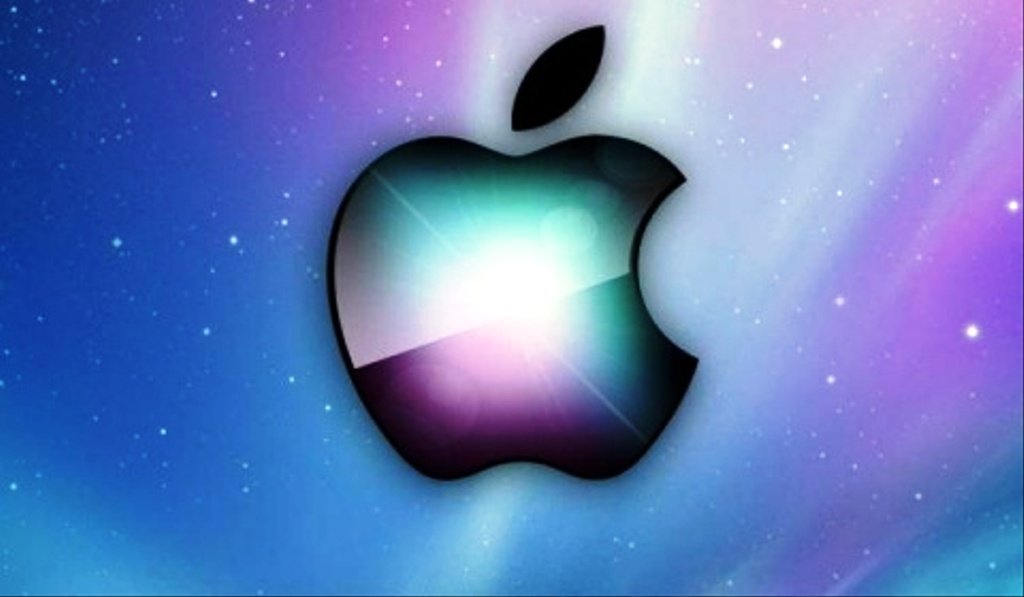Buying or leasing a car is a big decision. Identifying some key factors related to cost and your personal preferences can help you know what’s right. Different people have different opinions on whether buying or leasing is the best way to go since everyone’s situation is different. Leasing can be less expensive since payment is on a month to month basis, and changing the car after a few years is possible. On the other hand, buying is also the best option provided one is willing to make higher monthly payments, clear the loan and keep the car. You can check out what other people are saying about car leasing on reviewsbird.
Below are some of the pros and cons of leasing and or buying:
Leasing Pros:
Monthly lease payments are lower because they’re based on a car’s depreciation during the period you’re driving it, instead of its purchase price. One can drive a better car for less money and easily transition to a brand new car every two to three years. Repair costs of the leased car are lower because it is included in the factory warranty. Fewer sales tax and no trade-in hassles when the lease has ended.
Leasing Cons:
Most creditors don’t have their client’s best interests at heart, therefore; Make sure you read the contract before signing anything. The contracts are filled with unfamiliar terminologies, and they may be confusing. Ensure you know the full amount you will be paying in the long run for a leased car. You will end up paying more than buying a car and keeping it for years. The longer the term, the more the payment. Most Lease companies have a mileage limit of 12, 000 miles a year, and you’ll be charged for exceeding that limit, but there is an option of purchasing extra. You might not own the car at the end of the lease, but usually, there is an option of buying. Driving needs change and termination with a growing family, or the lease contract business can be costly. Excessive wear and tear charges at the end of the lease.

Buying Pros:
Most vehicles come with a manufacturer’s warranty that, on average, covers three years or 60,000 miles, and the dealer will even offer an extended warranty beyond the manufacturer’s expiration date. Modification of the car is at the owner’s discretion. Most cars are coming with the latest technology that makes driving more comfortable, and one can drive however they want because there is no penalty for excess mileage. A one-off purchase saves money, unlike the lease, where payment is made over a period that tends to be more expensive. One can sell a purchased car at any one point, and it can also be used as a trade-in for an upgrade.
Buying Cons:
Insuring the car will require full coverage of the vehicle. Bought cars have no return on investments since they depreciate over time. Once the warranty expires, repair costs are usually higher and are catered for by the buyer.














